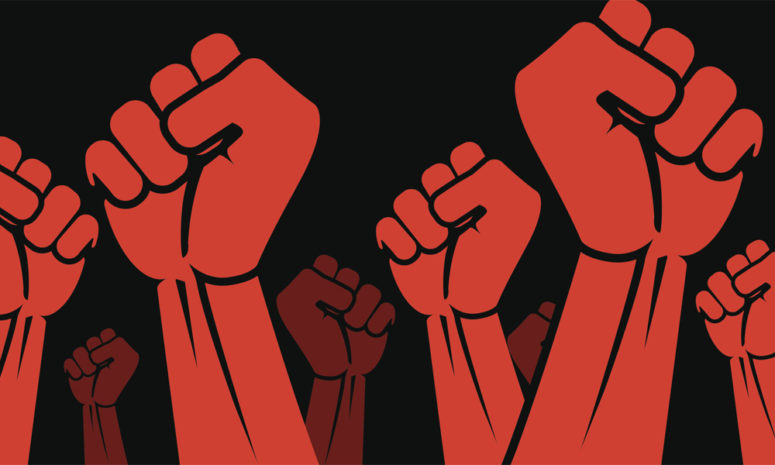
Myth
Some people say that Jesus was a revolutionary and that because of this He was punished by the authorities.
Therefore, it is the revolutionaries of all subsequent times, not the conservative Church, who are his true heirs. One of the characters in the novel The Greek Passion, or Christ Recrucified by Nikos Kazantzakis, a famous Greek writer of the mid-20th century, says the following, “If Christ came down to Earth nowadays, what would he carry on his shoulders? What do you think? The cross? No! A kerosene tank.“
Reality
So, was Jesus a revolutionary, a Che Guevara of the ancient world? Not in our usual terms. Jesus did not try to seize power by armed – or any other – means. When they wanted to make him king, He declined (John 6:15). Meanwhile, in His time, there were some Che Guevaras, that is revolutionaries seeking a radical reorganization of society, known as Zealots.
They sought to destroy the existing system as a manifestly unjust one and to establish a God-pleasing kingdom of justice. They were inspired by the example of a successful revolt (nowadays it would be called national liberation) that the Maccabees had accomplished two centuries earlier. At that time Israel also fell under the power of pagan conquerors, only that time it was not the Romans, but the Hellenistic heirs of Alexander the Great.
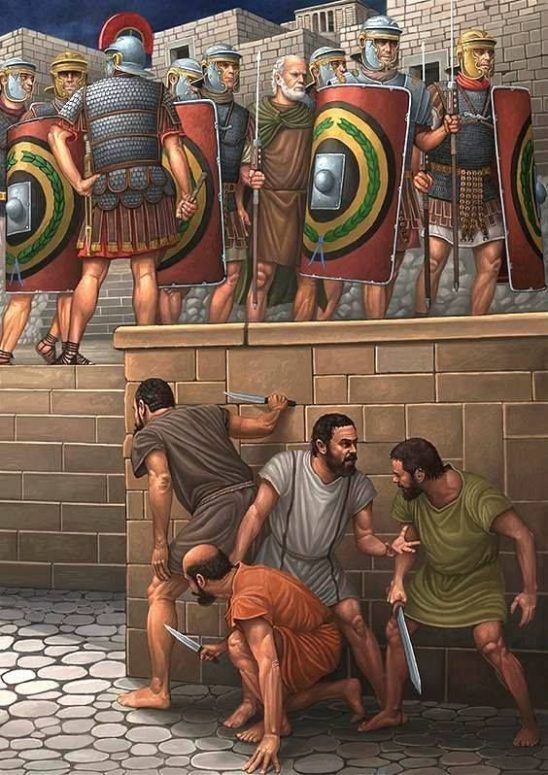
The pagan king Antioch Epiphanes wanted to introduce religious and cultural uniformity in his empire, and for this purpose he forced the Jews to worship pagan gods. They responded with fierce resistance, and the pagans, in turn, reacted with violent repression. It seemed that Israel, which challenged the vast empire, was doomed. However, a miracle happened: God came to the aid of his people, and the Jews won an incredible victory! Israel gained independence for a while.
In Jesus’s time, people were waiting for a Messiah like the Maccabees, a mighty warrior who would put an end to the loathsome Roman rule and establish an ideal kingdom of peace and justice.
The courageous men defied the invincible war machine of Rome and died from the swords of legionaries or on crosses to bring that time closer. That is, there was definitely a revolutionary movement in Judaea at the time of Jesus. What did He have to do with it? Nothing. Moreover, his message of love for the enemies and turning the other cheek was the exact opposite of the heroic image of the bloody battle in the name of God that the Zealots dreamed of.
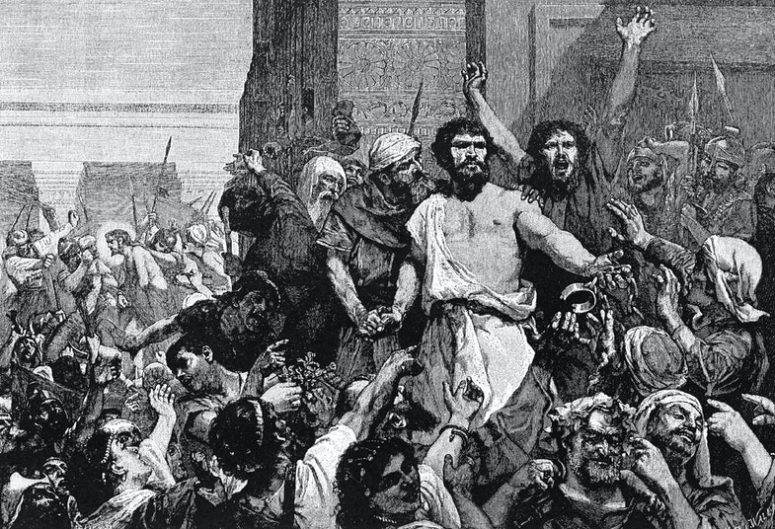
Meanwhile, there were egregious injustices at the time, from which blood boiled in veins and hands stretched to arms. But the Roman governor, Pontius Pilate, was quick to subdue all unrest by slaughter. Among his other atrocities, he once killed a group of godly Jews and mixed their blood with the blood of their sacrifices, which they had offered to God (Luke 13:1).
People came to Jesus that he might finally lead them into a “battle of blood, holy and righteous” against the oppressors. But they were disappointed – instead of being outraged at Pilate with them, Jesus pointed at their own sins of which they had to repent.
How does the myth differ from the Gospel in spirit? To accept the Gospel is to take a completely different view of things. We are all inclined to believe that our problems are out there, outside of us – they lie in bad people who treat us unfairly, in the circumstances of our lives … The Gospel states that my main problem is not on the outside, but on the inside. It is not other people or circumstances that condemn me to temporary and eternal misfortune, but myself. As the Gospel says, Christ came to save people from their sins (Matthew 1:21) – not from the Romans or some other “bad people,” but from their own sins.
It is extremely tough to accept, but the Gospel is not about things that need to change around me, whether people, circumstances, state, or society, but about the things that need to change inside me.
There must occur a profound inner transformation. I must look at God, other people, and myself in a different way. I have to recognize my sins, confess them to Christ, accept His forgiveness, and seek grace so that I can change deeply. This revolution is far more important than all political coups d’etat: it has eternal consequences. The Lord Himself speaks of it as a “new birth”, and the same is reiterated by the Apostles, as well as the image of the “new creation”.
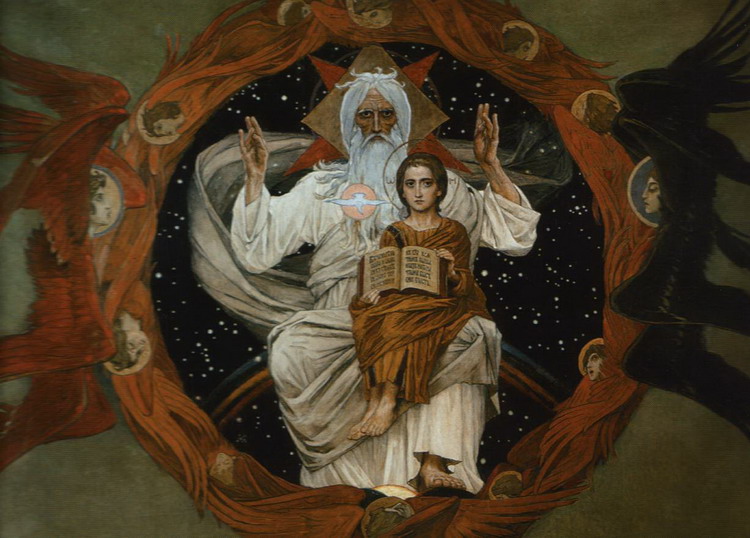
The life of the people who experienced this revolution may be directly opposite to the life of the revolutionaries. Saint Sergius of Radonezh did not fight, did not kill, did not lead the furious crowds. On the contrary, he humbled himself, gave in to others; he tried to live according to the will of God and avoided worldly fame. However, it was he who influenced the life and values of medieval Russia in the deepest way. He was one of those people through whom God worked in this world, changing the lives of entire nations. It is this revolution that Jesus Christ leads us into: we must let Him change us so that He can act through us in the world.
Who needs this myth and why?
Political – let alone revolutionary – struggle can easily occupy the spot in human consciousness that faith is supposed to occupy: that “ultimate purpose”, the most important thing to which man dedicates his life, in which he finds meaning and justification, hope and unity with other people. When this (alas!) happens to him, he seeks to subject everything – prudence, morality, religion – to his struggle for what he deems right.
Jesus cannot be our ally in the struggle, because He came to be our Lord and Savior. There is no point in recruiting Him into our ranks and under our banners. He is not a celebrity who we could bring to support our cause. He is the Lord, God, and Savior – and He expects us to be fully and unconditionally faithful to Him and not to any political cause that we consider great and right.
Source: https://foma.ru/byil-li-iisus-revolyutsionerom.html

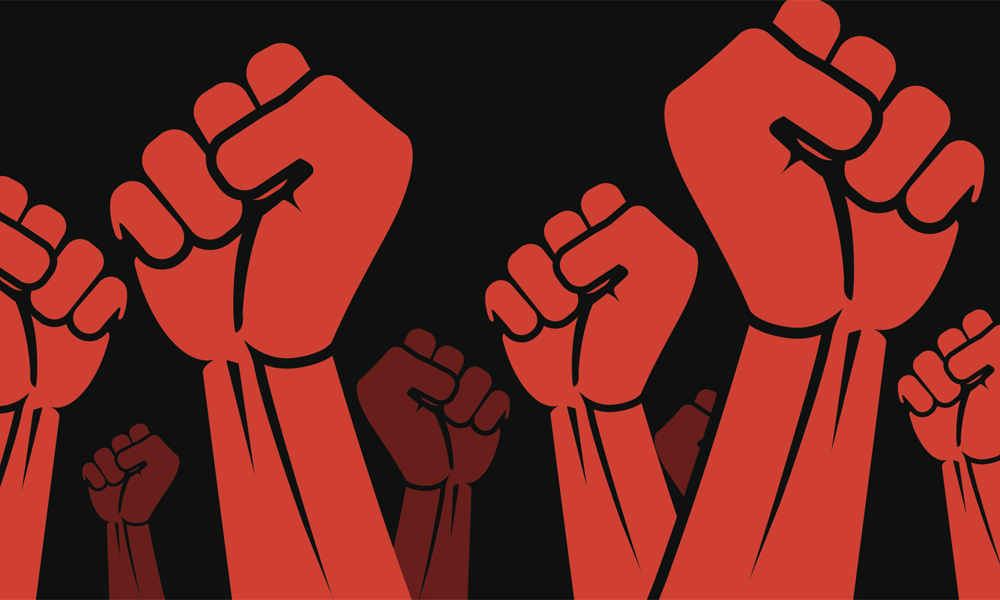
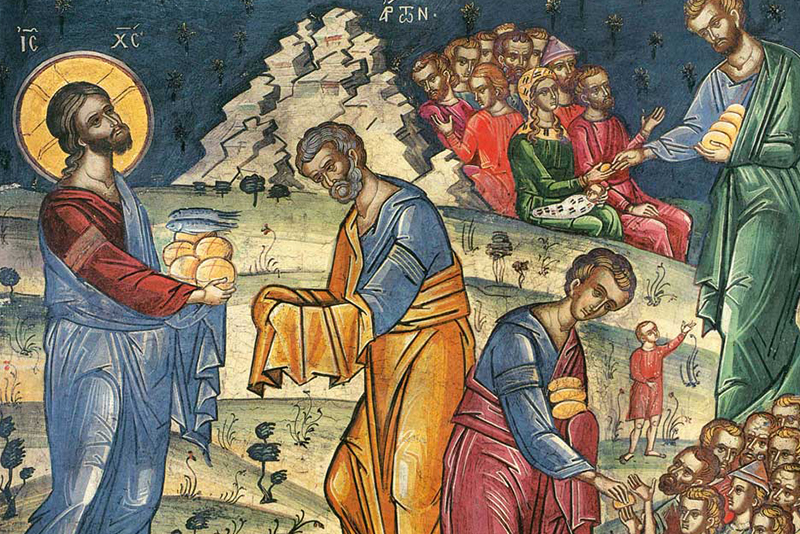

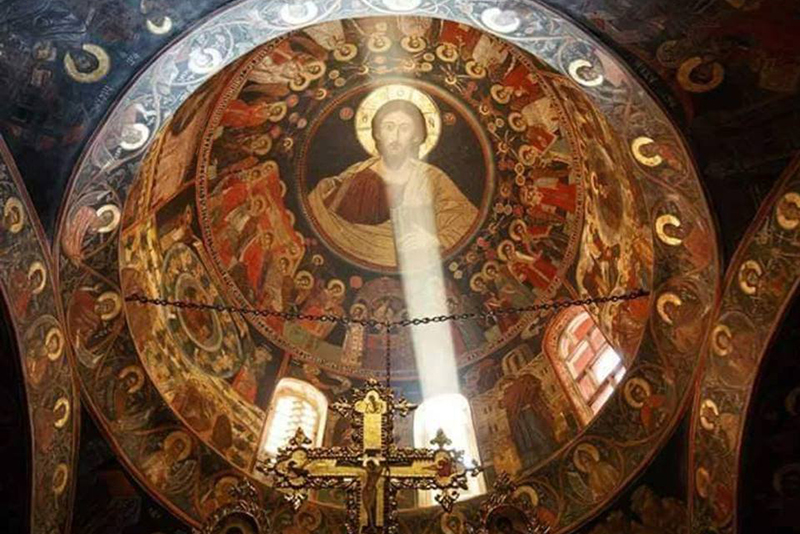
The article pursues a popular but limited view of a ‘revolutionary”: that is, in the political arena. Considered in a religious/spiritual context there might be good reasons for considering Jesus as a revolutionary. Why else did he upset the scribes and pharisees? He certainly challenged the religious status quo in a manner far more radical than the Maccabees.
This is an incredibly important narrative to keep in our minds and hearts with the radical unrest roiling through the world… thank you.
“He is not a celebrity who we could bring to support our cause.” It’s too bad that we have a president who loves to use God to support his cause by holding up a Bible that he’s never read.
Wow, pretty judgmental Carolyn. btw., The same president was the first sitting president to attend the March for Life.